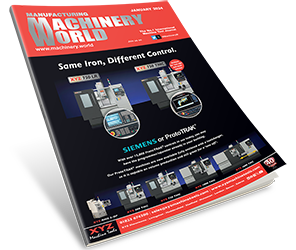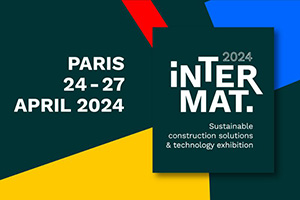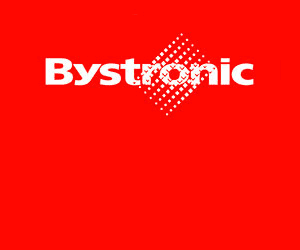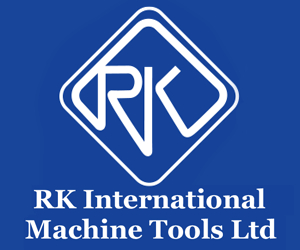“The biggest challenge with our manufacturing process is to create components efficiently and profitably – and Alphacam enables us to do that thanks to its ease of programming, and speeding up our production.” Those are the words of Darragh Walsh, Managing Director of P & T Precision Engineering, based in County Kildare, Ireland.
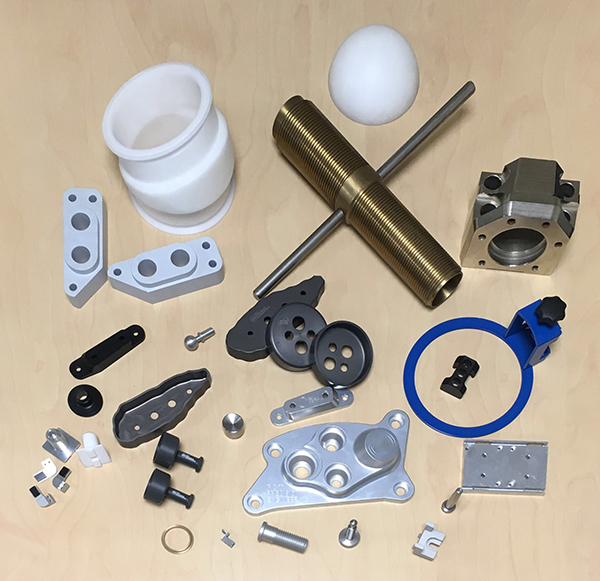 Specialising in the manufacture of high quality precision parts for the pharmaceutical, medical device, automotive, food, healthcare and printing sectors, P & T manage projects from their inception through to completion, ensuring customers’ components do the job they were designed for.
Specialising in the manufacture of high quality precision parts for the pharmaceutical, medical device, automotive, food, healthcare and printing sectors, P & T manage projects from their inception through to completion, ensuring customers’ components do the job they were designed for.
“The expertise and capabilities of our management team cover both mechanical and electronic disciplines in the development of complex control system, equipment and products,” he says.
Continuous training and updating of skills, along with using the latest CAD/CAM software from Alphacam, are viewed as a priority for future growth and stability. “As well as offering a manufacturing sub-contract service, we also undertake design, development testing and measurement, along with general problem solving.”
Alphacam drives XYZ, Bridgeport, Quaser and Dugard mills and Harrison lathe at their 6,000 square foot factory, which Darragh Walsh says is vital to get components programmed, manufactured and despatched in quick turnaround times – particularly for prototyping.
“We find several aspects of Alphacam especially important for our operation, including the speed and ease with which we can import an Autodesk Inventor CAD model and select the features directly off the face we want to machine.” Alphacam can contour, pocket, engrave and hole-drill complex parts. Functions such as 2.5D multiple depth cutting, pocketing with an unlimited number of islands and tool radius compensation can be controlled through the intuitive user interface. And as P & T have installed the Alphacam Advanced Mill module, they can use roughing and finishing strategies for complex 3D surfaces, STL and solid models. “We get full 3D parts, meaning we don’t have to use 2.5D machining any more, which is a real benefit in producing more complex 3D shapes.”
The waveform roughing cycle not only speeds up their milling process, but also extends the life of their cutting tools. With traditional roughing cycles machinable geometry features are offset, either inward or outward, by a stepover. Traditional tool paths have to run slower feeds and speeds due to the variable width of cut conditions encountered in corners. Tool load spikes as chip thickness increases in areas where the tool finds more material than it did while cutting in a straight line.
But with Alphacam’s waveform strategy the full flute length of the tool is utilised, consistently engaging with the material, giving a constant cutting load, and moving in a smooth path to avoid sharp changes in direction which maintains the machine tool’s velocity. The feed rate can remain at the optimal value throughout the cycle.
Cutting along as much of the flute length as possible distributes wear evenly along the entire flute length rather than just the tip, massively reducing tool vibration. The radial cut depth is also reduced to ensure a consistent cutting force, allowing cut material to escape from the flutes. Tool life is further extended, as most of the heat is removed in the chip.
A typical component programmed with Alphacam, is a part for a pump, which pumps sausage meat for the food industry. In particular, P & T find Alphacam’s 3D machining strategies to be especially valuable, along with the software’s ease of use.
Darragh Walsh says: “The process is so simple and fast from importing the 3D model into Alphacam from Inventor, through extracting the elements in the Feature Extraction function, and applying the 3D machining strategies, along with the other tooling operations, through to outputting the NC code to our mills and lathes.”



